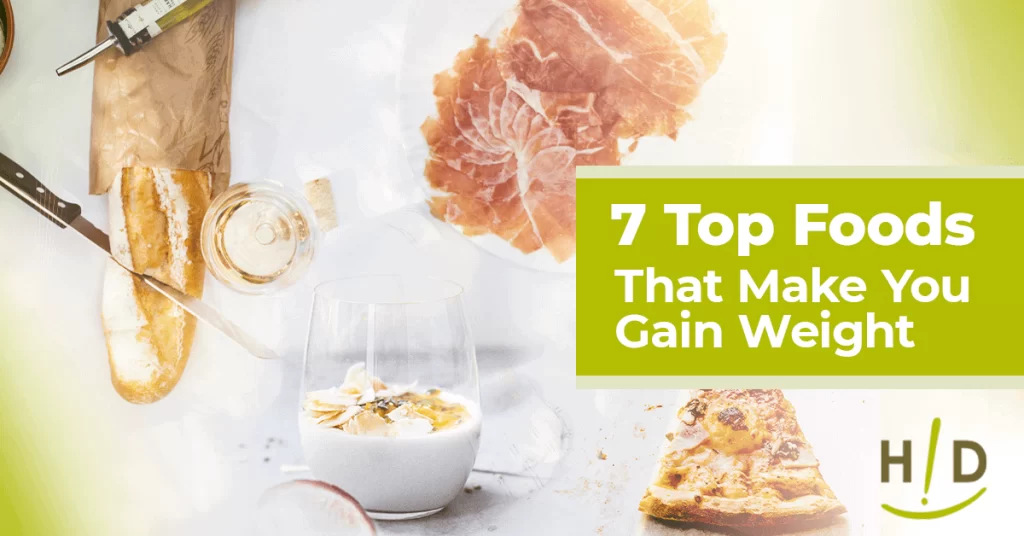It can be difficult to maintain a healthy weight, especially when we live in a world where food is abundant and easy to get. But if you’re trying to lose weight, it’s important to watch what foods you consume—this list will help you figure out which ones might cause you to gain weight despite healthy diet.
Cereal
If you’re trying to lose weight, the last thing you need is to be eating cereal. Cereal is one of those foods that’s high in sugar and low in nutrients. It’s also very easy to overeat because it’s so convenient—it doesn’t require any preparation or cooking time, so it’s often considered a quick breakfast choice. Most cereals are also loaded with carbohydrates and low in protein, which makes them bad choices if your goal is weight loss.
Cereals can be healthy when eaten in moderation as part of an overall balanced diet (and not for every meal). Look for brands that include whole grains like oats or wheat bran and fiber-rich fruits and vegetables such as raisins or barley flakes; some brands even add flax seeds to increase fiber content!
Juice
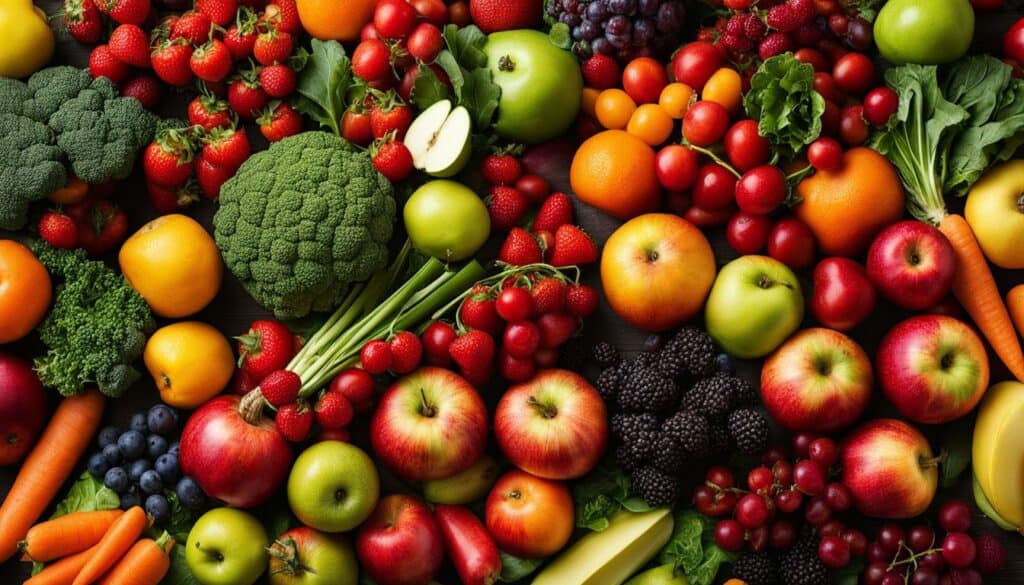
Juice can be a great source of vitamins and minerals but also has a lot of sugar. The high-sugar content can lead to weight gain by promoting fat storage, especially visceral fat—the dangerous kind that builds up around your organs. The excess calories in juice may also cause you to eat more than you normally would since they don’t fill you up as much as whole fruits and vegetables do.
A 12-ounce orange juice contains about 130 calories and 33 grams of carbs—about the same amount found in 2 slices (1 ounce) of bread or 1/4 cup (2 ounces) of cooked pasta noodles. If you drink an 8-ounce glass every day and replace two meals with these juices, then within one year alone, you could gain 30 pounds!
Low-fat Foods like Yogurt
Low-fat foods are another misleading example of the “eat healthy” label. While they may be high in calcium and other nutrients, they’re also high in sugar and carbohydrates—two things that can quickly add pounds to your frame. As explained above, your body stores excess carbs as fat and releases them into the bloodstream when needed. This causes you to gain weight (especially around your midsection).
The same goes for sugar: it’s easy to overeat sugary foods because they taste so good, and those extra calories will eventually make their way straight to your hips, thighs, or belly if you don’t burn them off exercise. And while low-fat yogurt does have some benefits like being rich in protein and probiotics (which help boost digestive health), it’s still pretty high in sugar compared to most dairy products—and you’re probably not going to eat just one serving at a time!
Potatoes
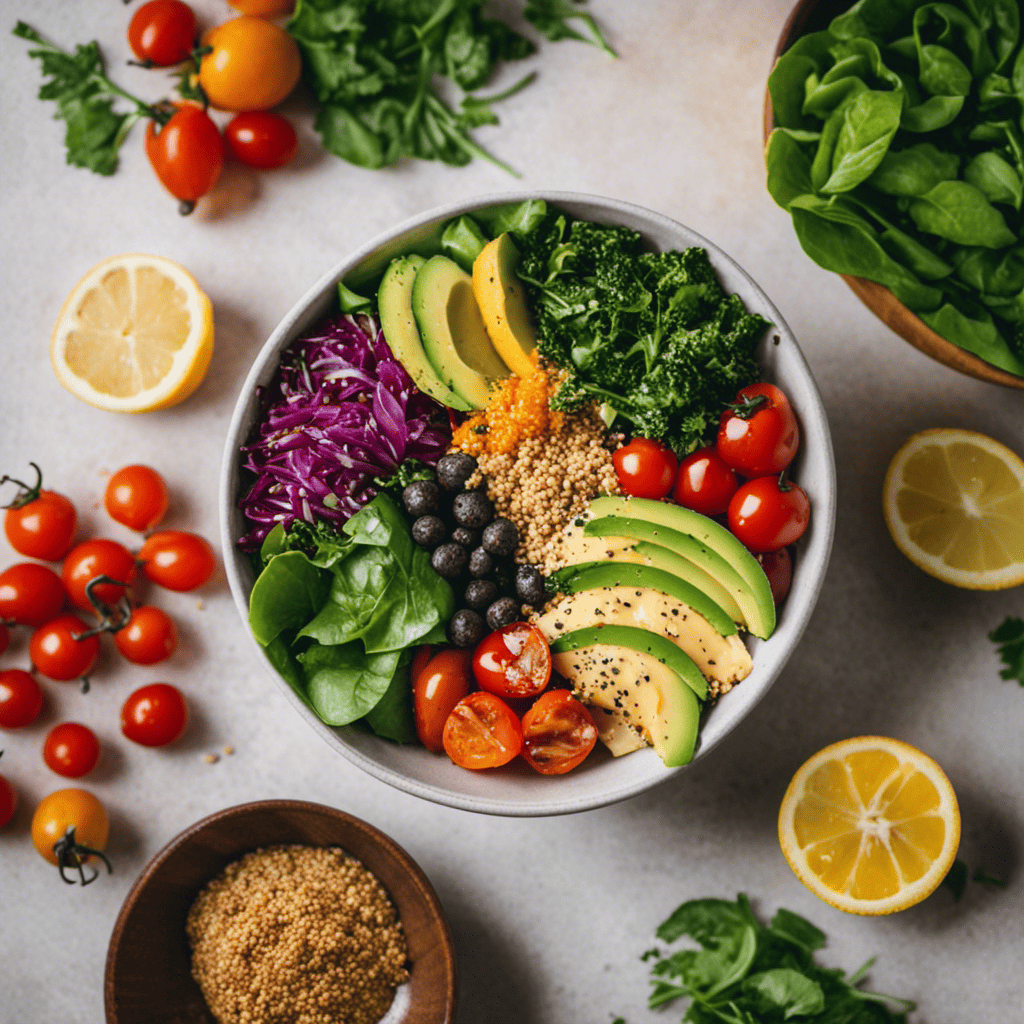
Potatoes are high in calories, starch, carbs, sugar, and salt. They also have more fat and cholesterol than other vegetables. Even though the potato is a vegetable and not a fruit (it’s part of the nightshade family that includes tomatoes), it has been shown to increase blood sugar levels more quickly than other veggies because of its high glycemic index:
Since potatoes are so starchy, they’re almost always eaten as part of a meal with other foods (like meat) or accompanied by something sweet like ice cream or chocolate sauce to cut their naturally high-carb load. If you eat them plain without any accompaniments, expect to feel full quickly!
Smoothies
Smoothies are a great way to eat more fruit and vegetables, but they’re also full of sugar from the fruit. They should not be your go-to breakfast if you want to lose weight. Instead of drinking a smoothie for breakfast, try eating oatmeal or eggs with whole grain toast and bacon or sausage. This will give you more fiber that will help keep you feeling fuller and make it easier for your body to digest food throughout the day.
Crackers
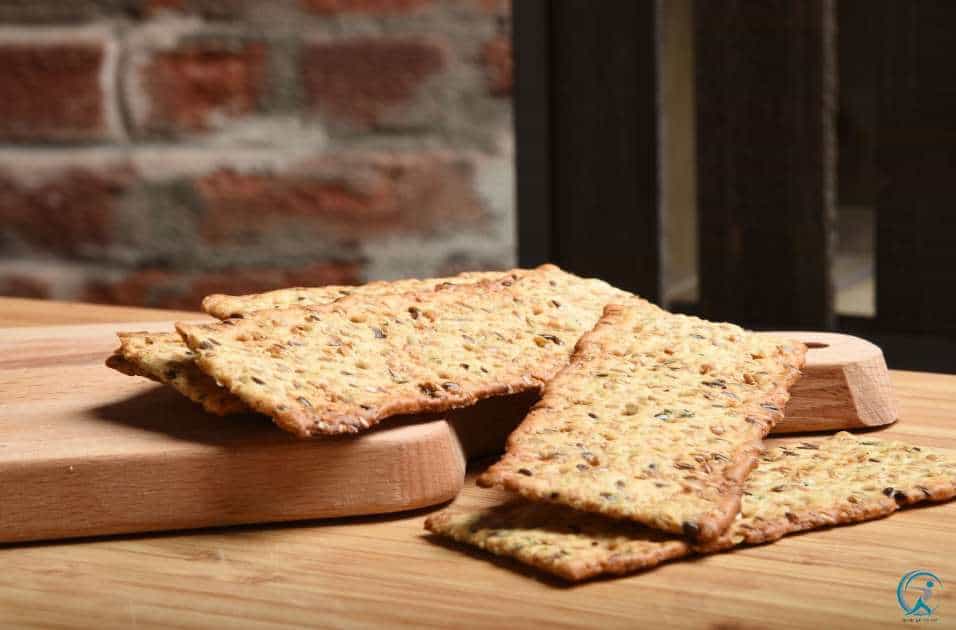
Crackers are a high-calorie food you should avoid if you want to lose weight. A small serving of crackers can contain more than 300 calories and 20 grams of fat, which is almost 50 percent more than the recommended daily intake for fat consumption. In addition, crackers have a high level of sodium. They also contain trans fats and sugar (from grains).
Crackers are made from flour containing carbohydrates (sugars), which is not very nutritious. The good news is that some types of crackers can be used as a substitute for bread in sandwiches or burgers. However, these substitutes don’t help with weight loss — so try something else if you’re trying to lose weight!
Granola Bars
- Sugar. Granola bars are high in sugar, leading to weight gain.
- Fat. Granola bars also contain a lot of fat, which makes them more caloric than other snack foods or breakfast items.
- Calories. The average granola bar contains 200-400 calories per serving, which is a lot compared to other snacks like apples or yogurt parfaits. However, it’s not uncommon for granola bars to contain 500+ calories each!
- Sodium levels can be high in some products as well; if you’re watching your sodium intake closely (for medical reasons), avoid these snacks unless they’re labeled “low sodium” or “reduced sodium.” Some brands will have very little sodium, but others may not even list their salt content on the label, so check before buying!
Eat fewer of these foods to lose weight.
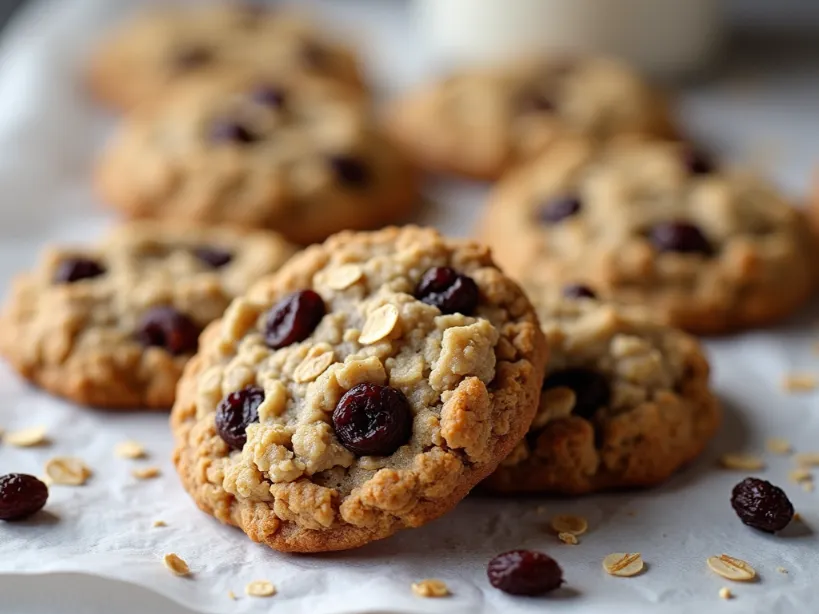
To lose weight, you’ll want to eat fewer of these foods. Instead, focus on eating more fruits and vegetables and less processed food. You should also have fewer sweets and refined grains like white bread, pasta, and rice. Processed meat such as bacon is another food you should limit; try to switch it out for lean meats like chicken breasts or fish instead. Dairy products contain lots of fat, so it’s best if you avoid them completely.
Finally, remember that losing weight doesn’t necessarily mean eating less fat; choosing healthier fats like avocado oil over butter or margarine can help!
Conclusion
If you want to lose weight, try cutting back on these foods. They can be especially sneaky for people trying to eat well and not gain weight. While some of these items seem healthy at first glance (like juice), they contain a lot of sugar that will make it hard for you to stay in shape if consumed regularly.
